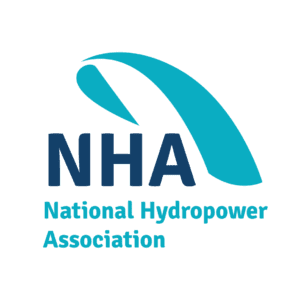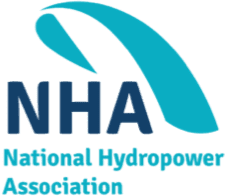
NHA ISSUES STATEMENT ON EPA’S CWA SECTION 401 RULEMAKING
Washington, D.C. (June 1, 2020) – The U.S. Environmental Protection Agency (EPA) today released its Final Rule to modernize regulations implementing Clean Water Act (CWA) Section 401. The new rule puts hydropower on a path to providing more clean, renewable energy by clarifying the Section 401 water quality certification process, as part of the Federal Energy Regulatory Commission (FERC) hydropower licensing, which often require Section 401 water quality certification.
Malcolm Woolf, President and CEO of the National Hydropower Association, commented on EPA’s final rule:
“Hydropower projects often languish for years awaiting a state decision on the water certification, sometimes a decade or more. EPA’s new regulations will provide much needed timeliness and certainty to water quality certification for hydropower licenses by enhancing coordination between federal and state review and ensuring that certification requests are acted upon within a reasonable period of time, which the Clean Water Act defines as not longer than one year. America needs the clean, renewable, and flexible electricity provided by hydropower, and the new final rule, as part of the comprehensive licensing process, achieves more timely outcomes while preserving environmental protections and state priorities.”
“Modernizing Section 401 certification enables hydropower to help decarbonize America’s energy mix, jump-start hydropower development on existing non-powered dams, and facilitate the implementation of new environmental enhancements for existing projects. And with nearly 30% of existing hydropower licenses set to expire by 2032, representing 16 gigawatts carbon-free energy, the new rule will help to preserve the fleet by ensuring certification requests as part of relicensing are decided within a reasonable time.
“Hydropower is essential to our clean energy future. EPA’s final rule improves the licensing process for hydropower and will allow the industry to increase its contribution to our national renewable energy portfolio, all while ensuring the health and vitality of our rivers and lakes.”
###


